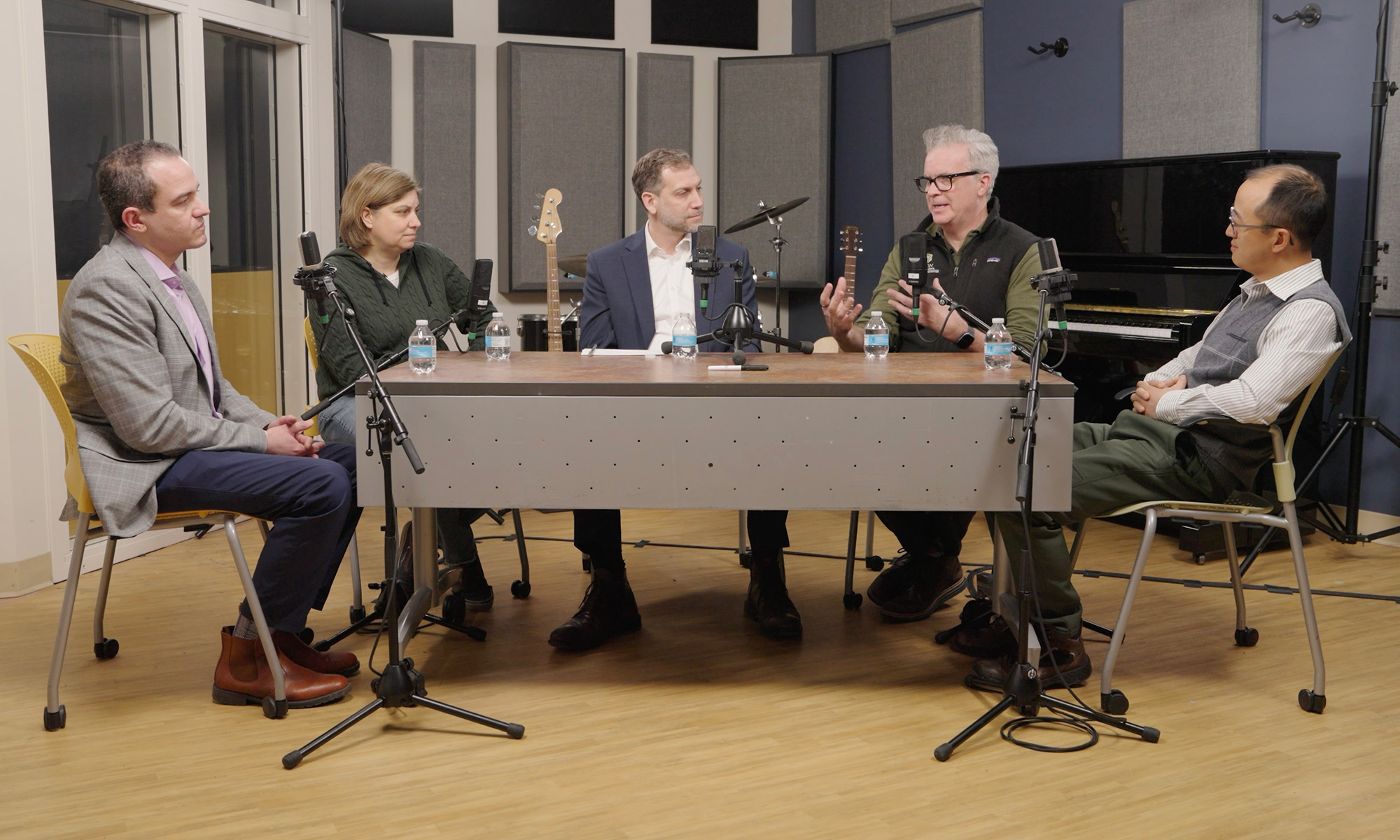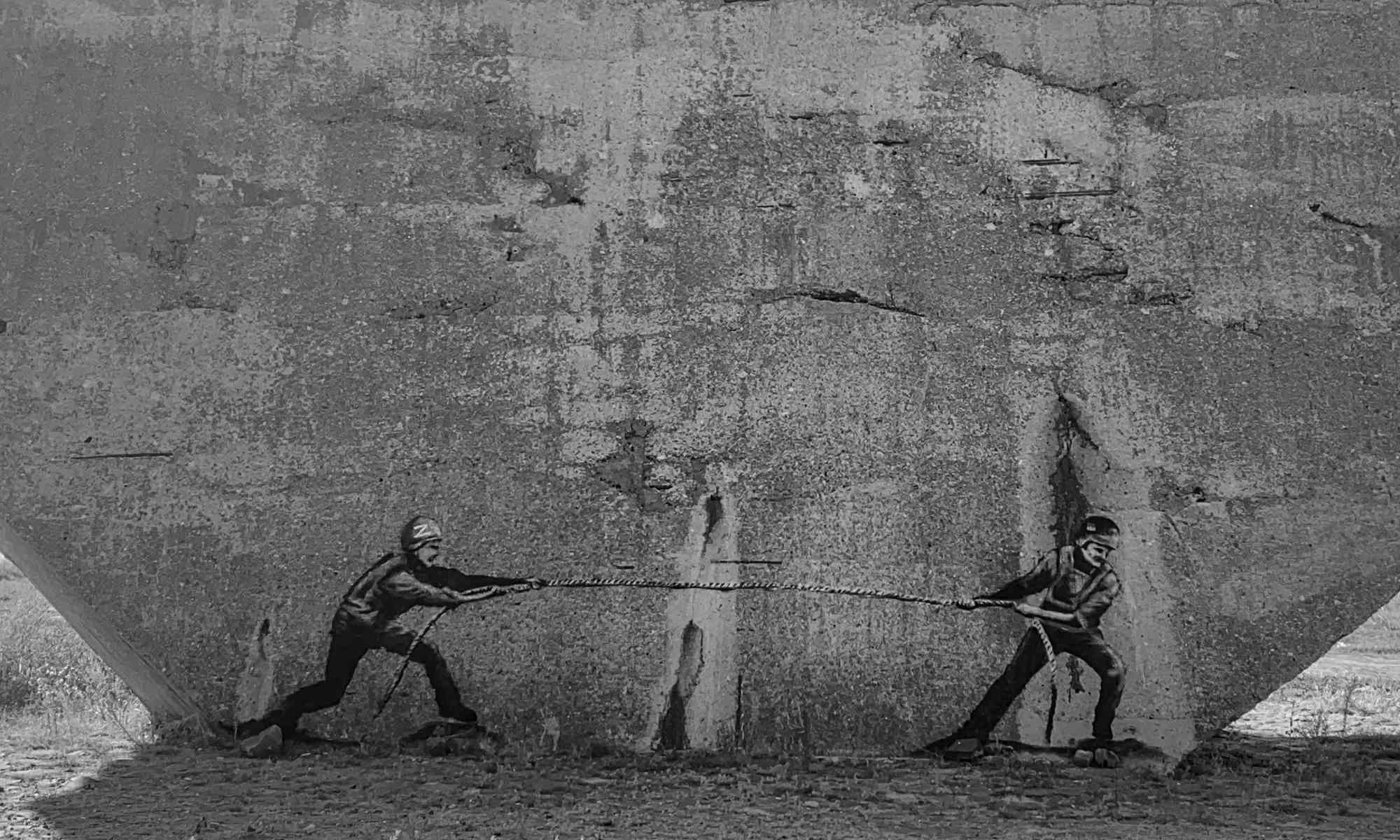Traditionally considered impartial and the ultimate source for reliable health information in the United States, the Centers for Disease Control and Prevention (CDC) has increasingly become mired in political battles.
When the agency published its guidelines for reopening schools this summer, the executive branch pushed back hard to override them. Squeezed between the coronavirus pandemic on one side and President Trump’s demand for open schools on the other, CDC officials have offered mixed messages, argue University of Rochester health policy historian and physician Mical Raz and Gil Eyal, a professor of sociology at Columbia University.
“The Trump administration’s interference may be egregious, but the CDC’s vulnerability to such obtrusion is rooted in something more fundamental,” write Raz and Eyal in a Washington Post op-ed, published in the newspaper’s “Made by History” section.
Established originally in 1946, the CDC has guided public health measures since the 1960s by estimating health risks, balancing one against another, and making recommendations to the public on how to minimize those risks. Yet, by its very nature, any risk assessment “reflects political and value choices and involves trade-offs,” Eyal and Raz write.
Risk assessments, the duo argues, ultimately come down to pinpointing what costs—in terms of illness, economics, or other societal harms—are acceptable. They write, “No matter how objective they attempt to be, agencies working in risk assessment are vulnerable to political manipulation because they must make choices about costs and benefits, and such choices are inherently political.”
While this summer’s political pressure campaign on the public health agency had some extraordinary facets about it, the duo argues that in many ways it was also “very ordinary”—namely, a dispute about risk assessment.
“Regulatory science was supposed to depoliticize risk awareness, to present the public and policymakers with an objective, apolitical resolution to such disputes. Yet it became another tool in political struggle,” Raz and Eyal argue.
“This vulnerability predated the Trump administration, and it will outlast it.”
- Read the op-ed in the Washington Post.





